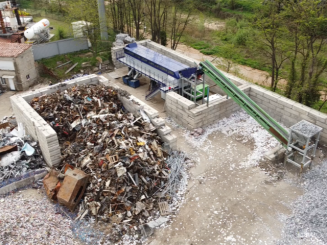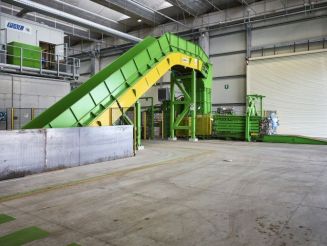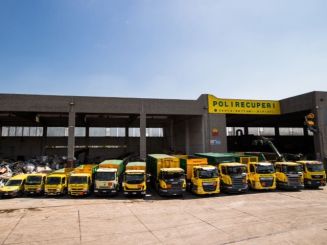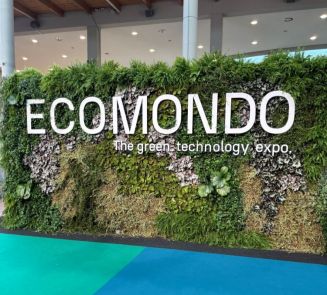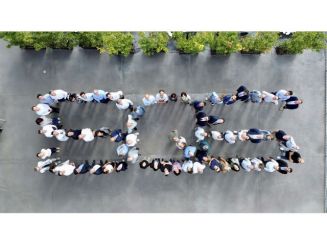
European SMEs getting greener, contributing to a resource-efficient economy
Compared to last year, European SMEs are becoming more resource efficient and are contributing substantially to the transition towards a low-carbon economy.
Compared to last year, European SMEs are becoming more resource efficient and are contributing substantially to the transition towards a low-carbon economy, according to the results of the 2013 Eurobarometer survey on "SMEs, resource efficiency and green markets". For example, the survey shows that 42% of EU SMEs now have at least one full or part-time green employee(1) – a 5% increase from 2012 which exceeds the expectations set by businesses almost two years ago.
Furthermore, more than nine in ten SMEs are taking at least one action to be more resource efficient and the level of their efforts has increased since last year. The most common actions are minimising waste (67%), saving energy (67%) and saving materials (59%). At least half are also recycling by reusing material or waste within the company, or by saving water (both 51%).
Half of European SMEs active in green markets offer products and services with environmental features such as organic production and eco-labelling or eco-design (51%). More than one third (35%) offer products or services in the area of recycled material - 6% more than in 2012. Construction, food & beverages and electronic & mechanical machinery and equipment are still the most commonly sold green products and services.
Resource efficiency driven by rising costs of energy and materials
In terms of the efforts to become more resource efficient, not only are more than 93% of SMEs already taking action, but when asked about the future, eight out of ten SMEs are planning additional resource efficiency actions in the next two years.
However, this change is mostly taking place because of the increased pressure on SMEs from rising costs of energy and materials to become more resource efficient. Only 28% of SMEs say the environment is one of the top priorities for their company.
Four in ten (38%) SMEs do not experience any difficulty when trying to set up resource efficiency actions. Nevertheless, complex legal or administrative procedures remain a barrier for a quarter of SMEs (26%).
Green markets remain substantially domestic
The share of European SMEs selling green products or services remained unchanged compared to last year (26%) whereas it increased in the US (34%). In the EU, customer demand remains the single most important reason to sell green products and services for SMEs (50%). Companies’ core values (33%) and image (31%) also play a role in this respect.
Green markets for SMEs, however, remain substantially domestic, as at least nine out of ten SMEs selling green products or services say their own country is their main market in terms of annual turnover (91%). Almost one in five (19%) say that the Single Market is their main market. Only 7% of green EU SMEs are targeting third countries as important markets for their products and services.
Stronger policy measures could help further greening of SMEs
Policy measures can help unleash 'green growth' among EU SMEs. Financial incentives are considered by SMEs as the best means to help them become greener in the way they operate and the products and services they offer.
- More than a third (34%) of SMEs considers grants or subsidies as the best policy measures to support resource efficiency investments.
- Almost half (46%) of the SMEs that are already offering green products indicate that financial incentives for developing products would be the best way to help the expansion of their range of green products or services.
- 29% of the SMEs that are currently not offering green products and services believe that financial incentives would be the best way to help them launch a range of green products or services.
However, financial incentives are not the only effective policy measure for EU SMEs. One quarter mention consultancy on improving resource efficiency (25%) as important, while 22% would like advice on funding possibilities for resource efficiency investments. 17% of SMEs think that assistance identifying potential customers or markets would help them to venture into the green markets.
1 : A green job is one that directly works with information, technologies, or materials that preserves or restores environmental quality. This requires specialized skills, knowledge, training, or experience.








